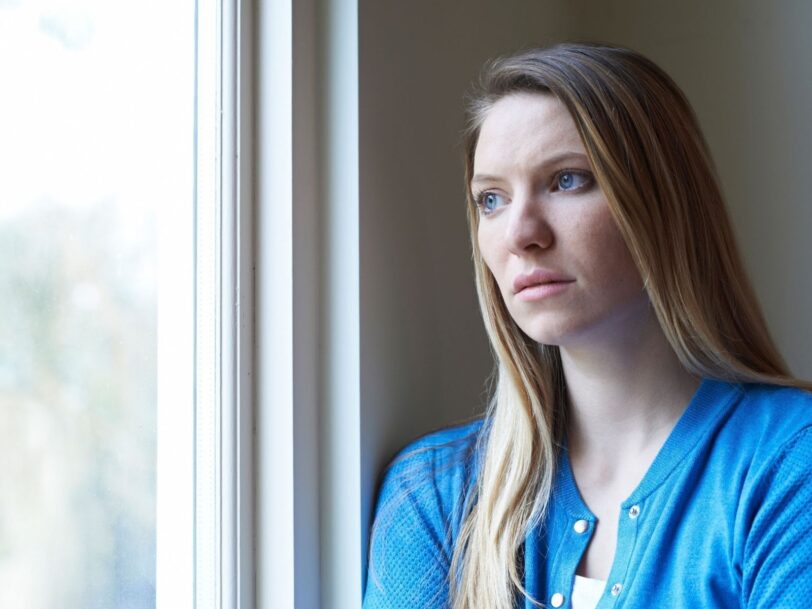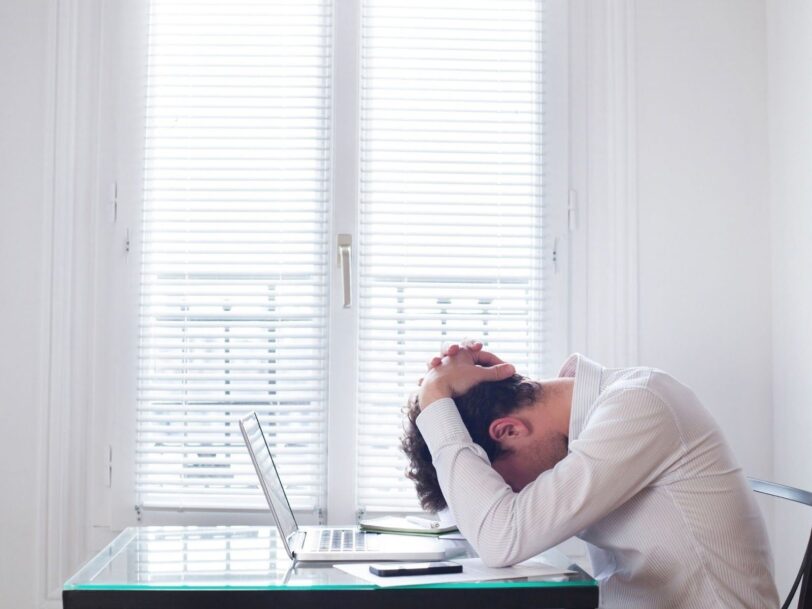
On this page
Looking to find a solution to your agoraphobia? CHE Behavioral Health Services is your answer, with the leading agoraphobia treatment & therapy. Find out more.
What is Agoraphobia?
Agoraphobia translates to “fear of the marketplace” and is a condition that is a part of the anxiety disorder cluster. It specifically relates to a fear and avoidance of places or situations that may lead to heightened anxiety or a panic attack, associated with concern around being unable to escape or to obtain help should the need arise.
Most often the fear is that of being in enclosed spaces with a crowd of people in public places such as airports, shopping centers, and grocery stores, however, in some cases, more private and quiet situations can also cause fear or worry. Thus, oftentimes there may be a limited number of environments of which a person considers safe, prompting many people diagnosed with agoraphobia to remain in their homes for extended periods of time. The fear the individual has is disproportionate to the possibility of danger.
Research has shown that agoraphobia may be a result of genetics in conjunction with environmental stressors. Some specific risk factors include having an anxious or nervous temperament and way of interacting, having a relative who has been diagnosed with agoraphobia, having comorbid phobias, or experiencing stressful life events.
This is a condition that often begins in early childhood and also tends to be diagnosed in women more often than men.
Agoraphobia Symptoms
Agoraphobia often begins as a mild form of anxiety related to a particular situation, event, or place, and begins to escalate over time to a generalized fear of being in public spaces. The primary symptoms associated with agoraphobia are:
Intense anxiety or fear related to an actual or anticipated exposure to at least (2) of the following situations:
- Being in open areas
- Standing in line or a crowd
- Being in closed-off areas
- Using public transportation
- Being alone outside of the home
The individual experiences the associated fear in a persistent manner than lasts in excess of six months.

How Serious is Agoraphobia
Agoraphobia causes a significant impact on the lives of person’s who experience it. In its most severe form, a person may not be able to leave their home and can become indefinitely housebound for multiple weeks, months, or even years. This may impact a person’s ability to socialize with family or friends, to maintain gainful employment or attend school, or take part in other activities of daily living. Often, agoraphobia, due to these psychosocial limitations can be associated with depression, substance abuse, and other mental conditions including anxiety disorders and personality disorders.
Agoraphobia, if left untreated, can reduce a person’s quality of life and may lead to:
- Inhibited social activity and social interaction outside of the home
- Feelings of powerlessness
- Self-directed anger or frustration, impacting self-esteem and feelings of self-worth and depression
- Financial hardship
- Feelings of isolation, loneliness, and boredom
- Unhealthy coping skills including overeating and substance abuse
Agoraphobia Treatments
Agoraphobia is best treated via a combination of methods in order to obtain the most efficacious outcome. This may include some psychotherapy, medication, and lifestyle adjustments.
Psychotherapy
Through evidenced-based practices such as cognitive-behavioral therapy (CBT), individuals may be able to better learn how to manage their thoughts and fears. Mindfulness is a technique that is often utilized with agoraphobia to help individuals become more present in their experience which may allow people to become more attuned with triggers for anxiety and to manage those feelings of a lack of control. In supplement, many therapists will also embed breathing training to help patients to learn how to activate their parasympathetic nervous system to create more feelings of calmness in situations that typically create more feelings of worry.
Medication
The most commonly utilized psychotropic medication utilized for agoraphobia are Selective Serotonin Reuptake Inhibitors (SSRIs). These medications assist in increasing the serotonin levels in the brain to assist in lowering anxiety levels and increasing levels of calm and happiness. It is important to note that you should consult with your primary care provider to learn more about which medication may be right for you, and to ensure that you share any other medications that you may be taking to avoid unwanted side effects or complications from use.
How Teletherapy can help with Agoraphobia
Due to the coronavirus pandemic, there may be an increased number of persons with fear associated with leaving their homes due to the potential risk of contracting an infectious disease. Both in a pre-pandemic and post-pandemic landscape, teletherapy serves as an effective method to reach individuals who are unable or unwilling to seek in-person care. Teletherapy provides a safe space to begin working on symptoms of agoraphobia from the comfort of your home, to allow for you to engage in evidence-based psychotherapy treatments that will allow for you to gradually begin to enter situations with more confidence, and less fear and anxiety.
